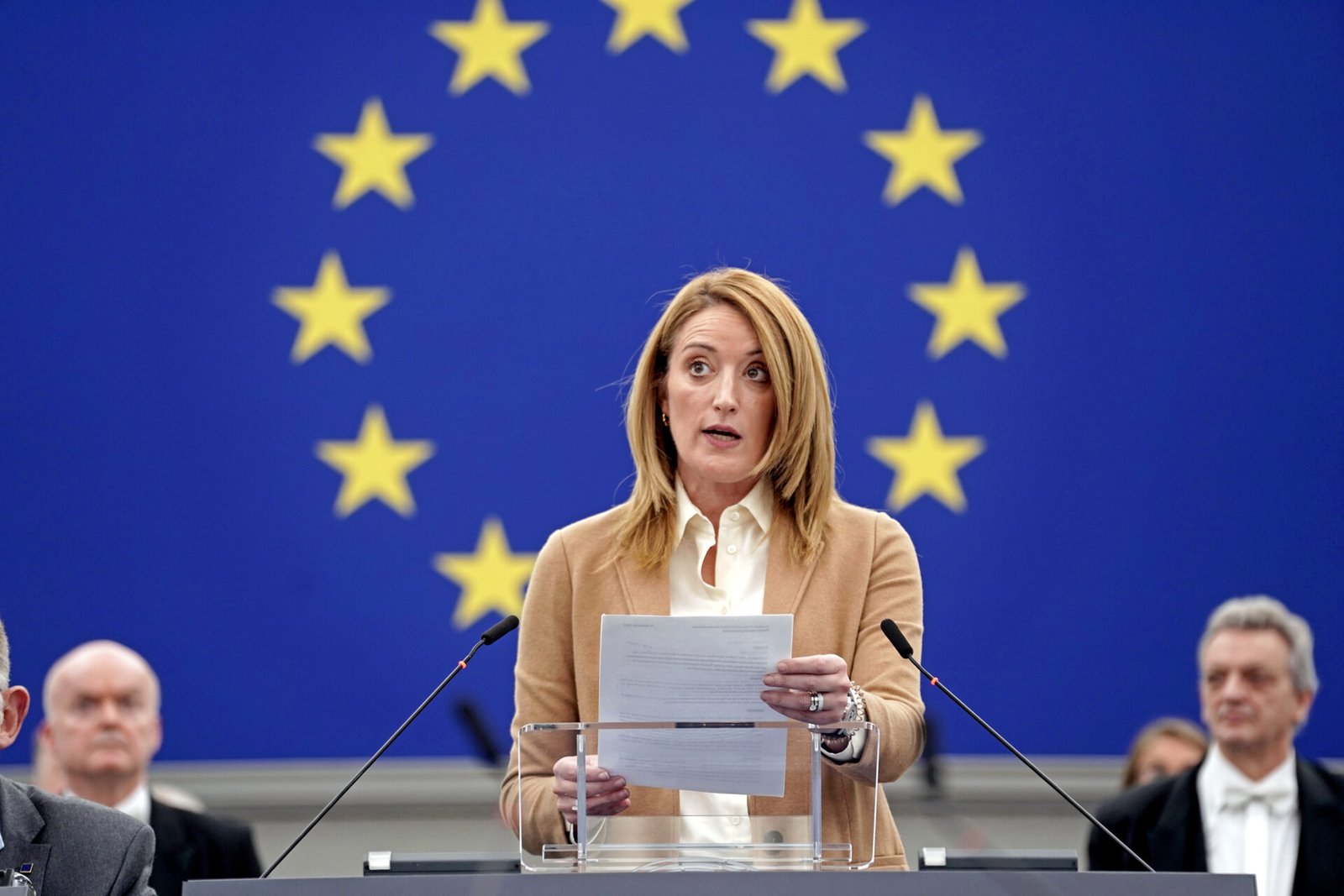In recent times, the geopolitical dynamics of Eastern Europe have been significantly influenced by trade, alliances, and economic interdependencies. At the forefront of these dynamics stands the escalating disagreement between Ukraine and Poland concerning Ukrainian grain exports. On a recent Wednesday, Ukrainian officials made a public plea, urging Poland to adopt a proactive and constructive approach in addressing this dispute.
The Historical Context:
Before delving into the crux of the disagreement, it’s essential to understand the relationship between the two nations, Ukraine and Poland, both historically and in the modern context. While they have shared moments of collaboration and mutual support, economic disagreements, like the current grain dispute, have also been a part of their interactions.
The Appeal:
Amidst the escalating tension, Oleg Nikolenko, the spokesperson for the Ukrainian Foreign Ministry, addressed Poland. “We urge our Polish friends to put their emotions aside,” he remarked, emphasizing the urgency of the matter and the potential fallout for both countries. He further stated, “The Ukrainian side has offered Poland a constructive way to resolve the grain issue.”
The call came on the heels of Poland’s move to summon Ukraine’s ambassador in response to remarks made by Ukraine’s President Volodymyr Zelenskyy at the United Nations. This diplomatic summoning underlined the gravity of the situation and the heightened emotions involved.
Zelenskyy’s Remarks:
President Volodymyr Zelenskyy’s comments at the UN have been a point of contention. Without explicitly naming any country, Zelenskyy expressed that some nations feigned solidarity with Ukraine. Such statements, although general in nature, did not sit well with Warsaw. Poland interpreted these comments as “unjustified concerning Poland,” especially given the nation’s support for Ukraine since the early days of its conflict.
Poland’s Foreign Ministry was swift in expressing its displeasure. The Ministry highlighted Poland’s continued and unwavering support for Ukraine, especially since the inception of the war, and found Zelenskyy’s comments misaligned with this narrative of solidarity.
The Genesis of the Grain Dispute:
The grain export disagreement didn’t emerge overnight. Both nations, rich in agricultural resources and potential, have long-standing trade agreements and economic ties. However, the situation intensified recently when Poland, alongside Hungary and Slovakia, decided to extend a ban on importing grain from Ukraine.
For Ukraine, a country that relies heavily on its agricultural exports, especially grain, this ban was more than just a trade barrier; it threatened its economic stability and projected foreign revenues. Understandably, Ukraine’s response was swift and firm.
Ukraine’s Counteraction:
In retaliation to the extended ban, Ukraine disclosed that it had lodged complaints with the World Trade Organization (WTO) against Poland, Slovakia, and Hungary regarding their imposed bans. Such a move highlights Ukraine’s intent to involve international bodies to mediate and resolve the dispute. It’s a clear indication of the importance of this grain export for Ukraine’s economy and its intent to leverage every possible avenue to ensure a resolution.
The Wider Implications:
Beyond the immediate players involved – Ukraine and Poland – this grain export dispute has broader implications for Eastern European geopolitics and the international trade landscape. With countries like Hungary and Slovakia also involved in the ban, the ripple effects of this disagreement could extend far beyond bilateral ties.
Moreover, involving the WTO in the dispute brings it to a global platform, spotlighting the intricacies of international trade, alliances, and the constant balancing act nations have to play to maintain economic and political equilibrium.
Moving Forward:
While the current scenario is rife with tension, it’s crucial for both Ukraine and Poland to remember their shared history, mutual interests, and the broader ramifications of their decisions. By doing so, they can navigate this complex situation with a perspective that goes beyond immediate concerns.
The Ukrainian Foreign Ministry’s call for Poland to put emotions aside and approach the situation constructively suggests a willingness on Ukraine’s part to engage in dialogue and find common ground.
For Poland, understanding Ukraine’s economic dependencies and the significant role grain exports play can pave the way for a more empathetic and collaborative approach.
Conclusion:
In a rapidly globalizing world, disputes such as the one between Ukraine and Poland over grain exports are not just bilateral concerns. They have the potential to affect regional dynamics, influence international trade norms, and shape geopolitical alliances.
As both nations continue to address this disagreement, it is hopeful that they will do so with a sense of shared history, mutual respect, and an understanding of the broader implications of their actions. By seeking proactive solutions, leveraging international platforms for mediation, and prioritizing dialogue, Ukraine and Poland can hopefully find a resolution that benefits both parties and strengthens their long-standing ties.
Read More:
